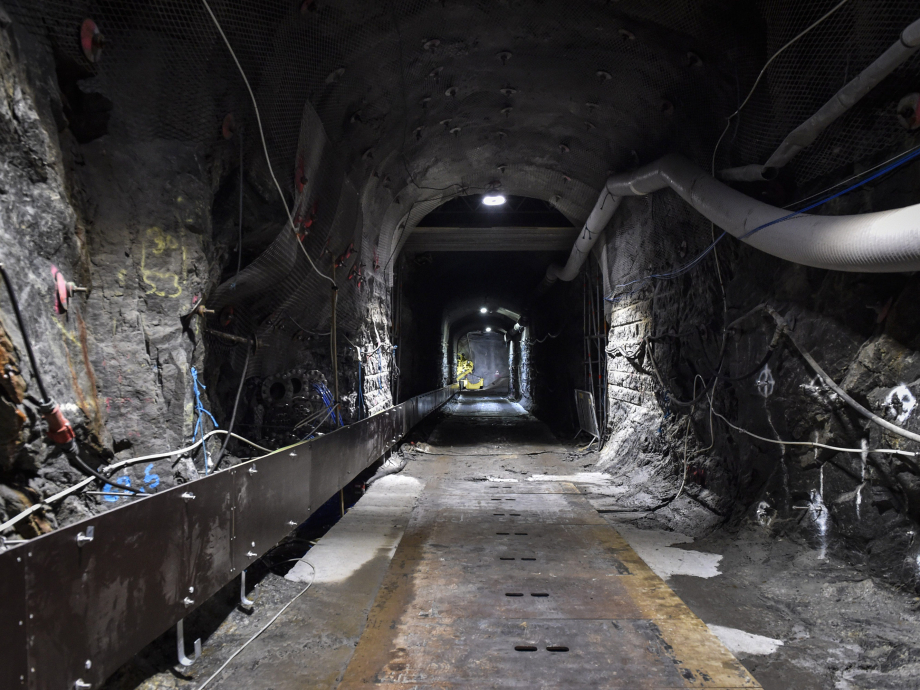Lessons from Europe on radioactive waste governance
European countries learned to involve society in radioactive waste management through trial and error. This is a key conclusion from a study by the Rathenau Instituut that charts how ten European countries engage with the long-term management of radioactive waste, which originates for example, from nuclear energy production.

In short:
- Top-down approach often failed due to social resistance.
- Countries build trust by separating responsibilities and spreading power and knowledge.
- Frontrunners Finland, Sweden and France have already found a place for their final disposal.
Most countries initially employed a top-down approach to finding a solution for the long-term management of radioactive waste. The search by policymakers for a suitable disposal site usually met considerable societal opposition. This was also the case in the Netherlands. Test drills in underground salt caverns in the Dutch provinces of Groningen and Drenthe were cancelled as a result of protests by tens of thousands of citizens and civil society organisations. In response to these kinds of protests, many European countries changed their strategies and opted for an approach with a greater role for citizens, civil society organisations, and local authorities.
Separation of responsibilities
‘Radioactive waste was initially seen as primarily a technological issue, and hence policymakers sought technological solutions’, says research coordinator Rinie van Est from the Rathenau Instituut. ‘This only works in countries where a large amount of trust in the government, industry, and science is present. In other cases, this trust must be created and suitable ways need to be found to deal with mistrust. This can be done by applying political principles such as the separation of responsibilities and the distribution of power and knowledge.’
The edited volume The Future of Radioactive Waste Governance: Lessons from Europe shows that countries have applied such principles in different ways within their decision-making processes about radioactive waste management. Finland, Spain, and the United Kingdom gave local authorities veto powers concerning site selection. Germany strengthened participation opportunities for citizens and civil society organisations. Sweden installed a research fund where also civil society organisations could apply for research funds.
More studies to follow
The Netherlands has been temporarily storing its radioactive waste above ground at COVRA in Zeeland since the 1990s. Around the year 2100, it wants to decide on a definitive location and disposal method. Finland, Sweden, and France have already taken such a decision, and are currently realising geological disposal facilities. Italy and Belgium, as well as the Netherlands, are also considering the option of a final disposal facility shared by multiple countries.
This country comparison is the third study on radioactive waste management published by the Rathenau Instituut this year. It previously charted how the Netherlands dealt with its radioactive waste for 70 years and how experts and stakeholders view that history. Two studies into legislation and regulations and the knowledge ecosystem in the field of the long-term management of radioactive waste in the Netherlands will follow later this year. The Rathenau Instituut is conducting these studies in order to advise the cabinet in 2024 on how the Netherlands can best decide on the final disposal of its radioactive waste.